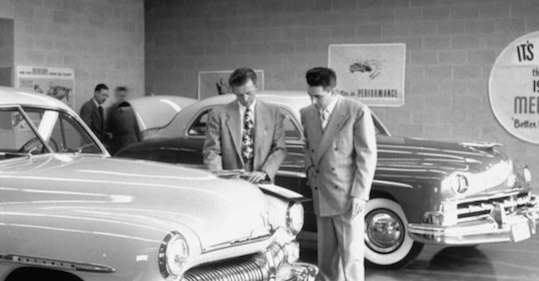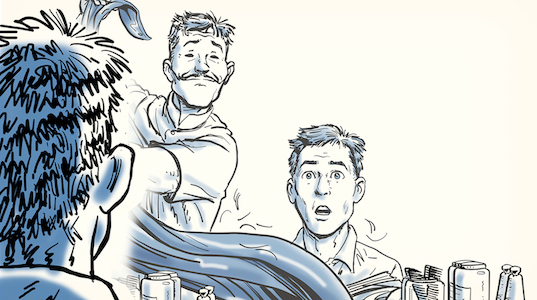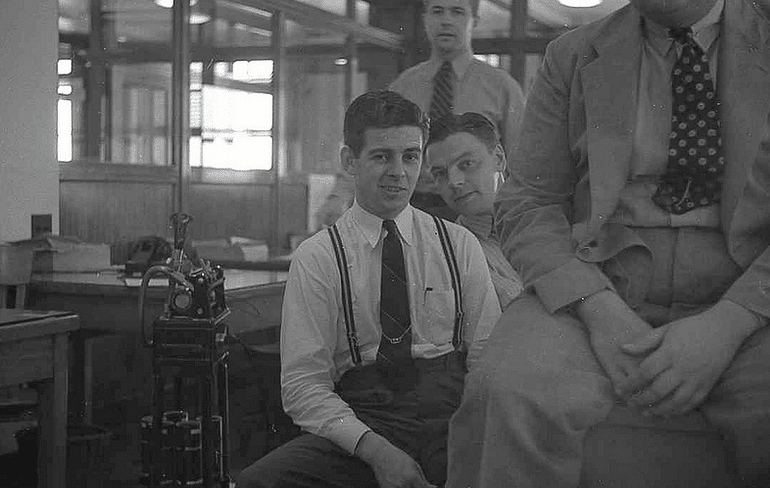With summer traveling season just around the corner, the fortunate among us will be setting off for faraway lands in search of adventures of every sort. If your travel plans for the near future include stops in cities or towns known for their street markets, or if you plan on doing any souvenir shopping while abroad, you need to know how to get the most bang for your buck. Learning how to properly negotiate prices, especially in a street market setting, will save you some of those precious funds and provide an interesting cultural experience at the same time.
Here are some tips for making the most out of your street market experience:
Do the Research
First and foremost, you need to know the area you will be traveling to. Familiarize yourself with currency exchange rates and local customs. Most importantly, find out if haggling is acceptable (or expected) in the country. This information is easily available in most guidebooks and online.
Know Your Limits
So you are standing in front of a street vendor and you see something you want, but how much is it worth to you? One of the most important elements of haggling is deciding what you are willing to pay for an item before negotiations begin. Your brain tends to turn haggling into a competition, and we all want to be winners, right? The problem is, without a set limit in mind, you’ll end up paying twice what you originally planned for that set of nunchuku, and instead of just taking home a cool souvenir, you’ll also be bringing back a memory of that time you got ripped off in China.
Maintain a Low Profile
Often your initial reaction to something you want will entice the dealer to push for a higher price. If you rant and rave over how much your wife or girlfriend would love to have that beautiful handmade hammock, you can plan on paying more for it as a result. Wear your best poker face at all times. Also, consider putting that gold nugget pinky ring and matching Rolex in your pocket, as these will quickly give away your ability to pay full price. Want to get really serious? If you are dedicating a good portion of the day to market crawling, consider dressing down a bit. Ditch your high class tourist attire and go for the scruffy look. If you are projecting wealth through your appearance, chances are you are going to pay for it at the market.
There Are No Standards
It is common to find travel advice online advocating a standard percentage that should mark your opening offer, such as only offering 25% of the asking price. Be wary of such all-encompassing standards. The internet is not a place known only to you and other travelers, so there is a chance the seller is aware of this practice and has marked up the product exponentially in an effort to counter it. If there are multiple sellers offering the same product, compare prices and then use them against one another. Always keep in mind what the product is worth to you and what the most likely market value is, and go from there.
Be Extremely Picky
Carefully scrutinize every square inch of the item you wish to buy. Many of the products in open air markets are packed away every night and unloaded every morning, and are likely to incur some damage in the process. If there is a scratch, dent, or mark of any kind, be quick to point it out to the dealer. Assuming you want the product regardless, you are now in the fortunate position of bargaining for a damaged product, no longer worth its original price.
Listen to our podcast on haggling, with a former FBI negotiator:
Don’t Be a Pushover
Keep in mind that sellers in some foreign markets will feign indignation at a low offer as a tactic to raise your bid. Feeling that you may have insulted someone may incline you to pay more as a sort of peace offering. Just remember, at no point are you obligated to buy anything, although you may certainly feel that way during some negotiations.
Stay Composed
Depending on the intensity of the bargaining, you may find yourself in a frustrating situation, especially if the item being bargained for is something you really want. Don’t lose your cool. Remember, the salesman is a salesman for a reason; he needs to make a profit. It does him no good to sell you products at less than cost or market value. Always be courteous. After all, we are gentlemen. Just keep in mind that a gentleman is not a sucker either.
Sweetening the Pot
Market salesman won’t come down to the price you want, but it’s close? Try agreeing to the price offered as long as something else is included. Tell them you want to look around a bit more, and find another object you like which you consider to be worth the difference in price between your highest offer and the seller’s lowest. Tell them you will pay his offer, but he has to throw in your newfound item as well. This is not a guaranteed deal maker, but if it works, it will have made the transaction worth your while.
Walk Away
Not satisfied with the deal? Tell the seller you are going to have a look around for a better deal. If he wants to make the sale, he’ll stop you with a better offer. Of course, in doing this, there is the chance the seller will not try and tempt you with a better offer and will just let you go. For this reason, only walk away if you can live without the item in question. If you return later and ask for the negotiated price from earlier in the day, chances are it will have gone up, and you will certainly have lost the upper hand.
The Cash Option
Made a deal and it is time to pay up? If the market accepts checks or credit cards, always be sure to push for the cash discount. Often, this is worth knocking a bit off the price for the seller.
Finally, always remember that your best ally when navigating the stalls of the street market is your instinct. If you feel like you are getting a raw deal on an item, you most likely are and should walk away. If you feel like you got a bargain for an item, it doesn’t really matter what the item is worth, so long as you are pleased with the price paid.







